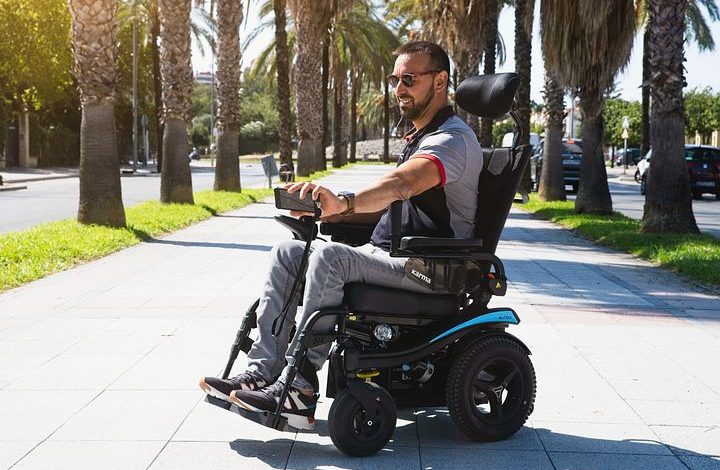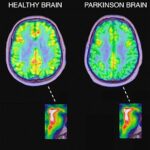Is There A Drug That Causes Temporary Paralysis?

Temporary paralysis (also known as periodic paralysis) occurs when all or some muscle control in any part of the body comes and goes periodically (i.e. from time to time). This episodic paralysis most often occurs because of muscle weakness, diseases, or hereditary causes. Injuries, such as suffering temporary paralysis after a fall, is rarely the cause of temporary paralysis.
There are also cases when people have experienced something traumatizing enough that they are unable to move, meaning that the cause of their paralysis is psychological rather than physiological.
In the case of hereditary temporary paralysis, it can happen that the symptoms were mild with past relatives so the family was not aware of the presence of the gene. As noted by Periodic Paralysis International:
“Only one parent needs to carry the mutated gene, and that parent may not show symptoms. About half of the females and a few men who carry the gene mutation have no symptoms or have such mild symptoms that they are never diagnosed as periodic paralysis. These people can still pass the gene on to their children.”
In any case, when a person begins to show signs of paralysis, they should always seek medical attention immediately before trying to come to any conclusion about its cause and severity.
Symptoms of temporary paralysis vary, depending on the type and cause of the issue. The most common paralysis symptom is the loss of muscle function in one or more parts of the body.
Other symptoms that may accompany temporary paralysis include:
- numbness or pain in the affected muscles
- muscle weakness
- visible signs of muscle loss (muscle atrophy)
- stiffness
- involuntary spasms or twitches
Can a drug cause temporary paralysis?
Yes, studies have shown that certain medications can induce temporary paralysis when they interfere with nerve impulse transmission to muscles which results in temporary but widespread paralysis. The most common drugs known to cause temporary paralysis include Rocuronium bromide (Zemuron, Esmeron) and Vecuronium bromide (Norcuron).

COVID-19 vaccines have also been reported to cause temporary paralysis even though it rarely happens. Other drugs that have also been implicated in the causation of temporary paralysis include Olmesartan (Benicar), Perindopril (Coversyl, Coversum, Aceon), and Torsemide (Demadex).
Any drug or supplements with neuromuscular blocking properties that can damage muscle cells and limit the flow of important and necessary nutrients through the nervous system to the rest of the body can lead to some type of temporary paralysis. In order for muscles to perform properly, they need to absorb a balanced amount of specific nutrients such as potassium and calcium. Without these nutrients, or without the proper balance of them, the muscles weaken and sometimes lose function entirely.
If you suspect that your medication or drug is causing temporary paralysis, contact your doctor about your concerns immediately. Your doctor may be able to adjust your dosage, offer advice on how to cope with the side effects, provide alternative treatments, or give you additional medications or supplements to help with temporary paralysis. Do not stop taking a prescribed medication without consulting your doctor first.
There are several therapies and treatments available for the different types of temporary paralysis, but a patient’s condition first requires an accurate diagnosis. A doctor will perform a number of tests, including a DNA test or possibly a Compound Muscle Amplitude Potential test, to determine the type of paralysis in play. Treatments for temporary paralysis may involve lifestyle changes, exercise and physical activity regimens, oral potassium chloride supplements, carbonic anhydrase inhibitors, or thiazide to improve kidney function and help the kidneys retain potassium.
The first step in treating any type of temporary paralysis is correctly diagnosing the condition. Once a doctor has determined the type and cause of temporary paralysis, treatment can involve various procedures and therapies as well as a plan for long-term care. A doctor will likely begin treatment by prescribing medications to manage the pain and discomfort that often occurs with episodes of temporary paralysis until he or she creates a long-term treatment plan.
It’s vital to remember that paralysis conditions are as much a psychological challenge as they are physical problems. A person who suffers from temporary paralysis may feel trapped or develop depression, and therapy, counseling, and support groups are fantastic ways to avoid these negative side effects.





